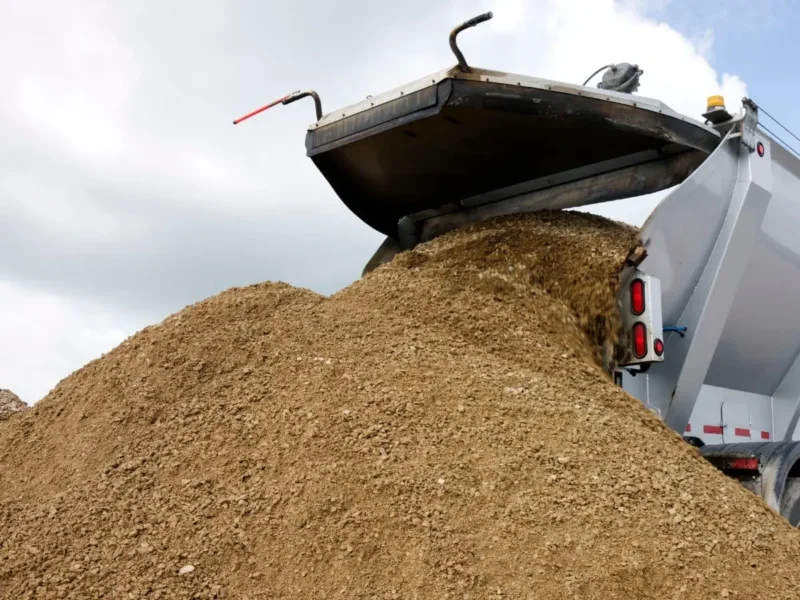We take a look at the Recycled Aggregate Quality Protocol – how it helps to ensure products are no longer classed as waste and why it is important to make sure it has been followed correctly.
What is a Quality Protocol?
It is illegal to use waste on site for construction without having a permit or exemption. While recycled aggregates are manufactured from inert waste, if they are produced in line with the Recycled Aggregate Quality Protocol then they no longer need to be treated as a waste product.
The quality protocol sets out end of waste criteria for the production and use of a recycled aggregate product from a specific waste type to a product. It clearly sets out the steps that must be taken for waste to become non-waste.
“The quality protocols aim to produce high-quality products from waste materials to promote greater recovery and recycling” – The Environment Agency
Both producers and users are not legally obliged to comply with the recycled aggregate quality Protocol. However, if they do not then the aggregate will be considered to be waste. Consequently, waste management controls will apply to the handling, transport and use of the aggregate. This includes:
- A waste carriers license;
- Use of a waste transfer note;
- Obtaining evidence that the aggregate is not contaminated;
- The receiving site has either a U1 exemption for the use of waste in construction or an environmental permit;
- Evidence of where the aggregates have been used on site via a tracking form of schematic drawings.
How can you be sure that the protocol has been followed?
Before purchasing recycled aggregates, their suitability for the specified use should be checked. Recycled Aggregates should not be purchased from just anyone, suppliers must meet the Recycled Aggregate Quality Protocol.
Producers of recycled aggregates should be audited by a competent environmental expert, who will review and ensure that procedures when producing recycled aggregates are produced in line with the Recycled Aggregate Quality Protocol.
Example evidence includes but is not limited to:
- A factory production control system;
- Pre-acceptance and acceptance procedures;
- An environmental permit;
- A waste carriers license;
- Engineering specifications in line with industry standards tested at UKAS accredited labs;
- Training of staff;
- Delivery tickets to confirm the material is a product and not a waste.
This required documentation must be obtained and kept on site for the duration of the project.
Do you know whether the recycled aggregate you are using has been produced in accordance with the Recycled Aggregate Quality Protocol?






